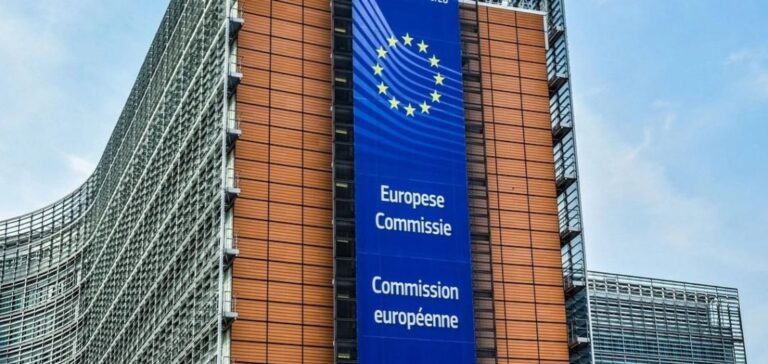Europe is considering a joint purchase of gas between member countries. The objective is to strengthen energy security and prevent shortages in winter. The decision comes after Russia cut gas supplies last year, which impacted Europe’s energy security. According to draft conclusions for a summit in Brussels, EU leaders are calling on companies to participate in this joint gas purchase program.
European Commission’s proposals for joint gas procurement in Europe
The draft conclusions urge all relevant stakeholders to make full use of the joint gas purchase mechanism. EU countries plan to jointly purchase gas in the coming months to help fill storage caverns before the winter demand peak. The European Commission is also invited to make proposals to extend the emergency policies agreed at the height of last year’s energy crisis if necessary.
The draft conclusions avoid the more contentious issues of energy and climate change policy, including disputes over nuclear power and the phase-out of combustion engine cars. Instead, it focuses on Europe’s energy security and preparation for the coming winter.
Negotiations on proposals to accelerate the green transition
The draft does not explicitly mention disagreements on EU climate policies, such as the flagship law to end sales of new CO2-emitting cars in 2035 and renewable energy targets. Germany is currently blocking legislation on CO2-emitting cars, while negotiations on renewable energy targets are stalled due to an impasse between countries on whether they should include nuclear-based fuels.
EU negotiators should quickly reach agreement on all relevant proposals to accelerate the green transition, according to the draft conclusions. Some EU diplomats said countries hoped to avoid passing laws to leaders and risking a messy political fight, preferring to leave negotiations to diplomats or ministers responsible for the issues.
Energy security situation
Europe is approaching the end of winter with a better energy security situation than feared, after countries reduced their energy consumption, filled gas storage and the mild winter weather prevented shortages. However, energy security remains a concern for Europe, which is heavily dependent on gas supplies from Russia.





















